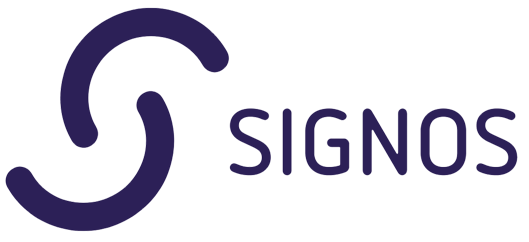Here are 10 key facts everyone should know about cancer screening:
- Early Detection Saves Lives: Screening can find cancers early when they are easier to treat and can save lives.
- Screening Guidelines Vary by Cancer Type: Different cancers have different screening recommendations. For example, women aged 40 to 74 should get a mammogram every two years for breast cancer, and adults aged 45 to 75 should have a colonoscopy every 10 years for colorectal cancer.
- Risk-Based Screening: Screening recommendations depend on personal risk factors like age, family history, and lifestyle. For example, heavy smokers are advised to get an annual low-dose CT scan for lung cancer.
- Potential Harms of Screening: Screening is recommended because the benefits outweigh the risks. Screening can sometimes lead to overdiagnosis, false positives, and unnecessary treatments, but based on population studies, more people will live longer when these tools are used.
- Screening Reduces Cancer Incidence: Some screening methods, like colonoscopy, can prevent cancer by finding and removing precancerous growths.
- Insurance Coverage: Many health insurance plans, including those under the Affordable Care Act (ACA), cover cancer screenings without extra costs, making it easier for people to get tested.
- Public Health Impact: Following screening guidelines can help prevent thousands of cancer deaths each year.
© 1998-2024 Mayo Foundation for Medical Education and Research (MFMER). All rights reserved

Sign up for Updates
To stay up to date please provide your email address.
-
By giving us your email you are opting-in to receive news and promotions
Sign up for Updates
To stay up to date please provide your email address.
-
By giving us your email you are opting-in to receive news and promotions







